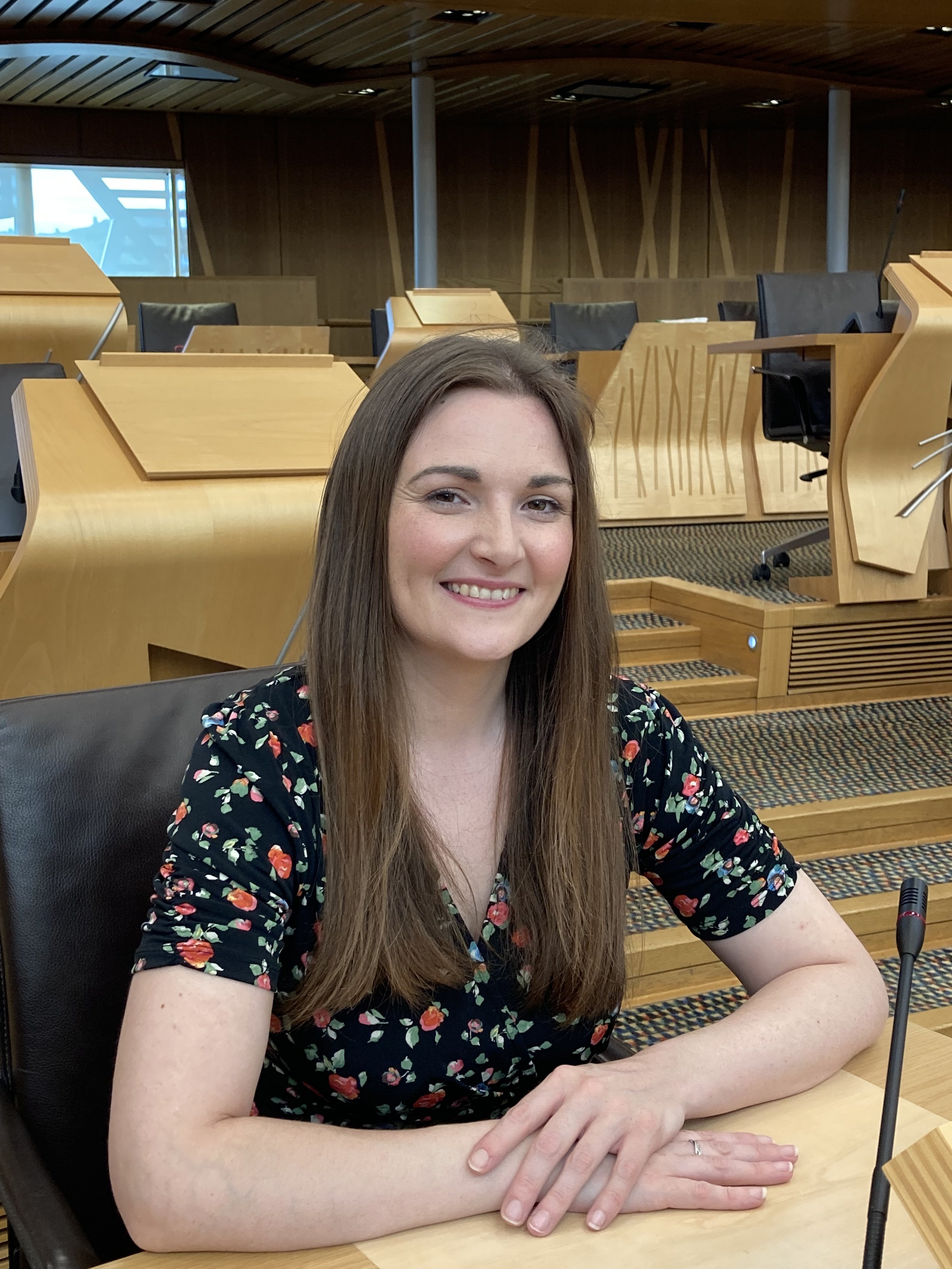Natalie Don-Innes MSP said the Scottish Budget an “enormous step forward” in achieving the Scottish Government’s mission of eradicating child poverty across Renfrewshire North and West as progress begins in ending Labour’s two-child cap.
The two-child cap was introduced by the Tories as part of their programme of austerity and has been subsequently adopted by Labour as one of their policies, despite their previous promises to scrap it.
Across Scotland the cap impacts 83,000 children and 26,000 households – that’s 790 families in Renfrewshire alone. By ending it the SNP government will lift 15,000 children out of poverty.
Progress to eradicate child poverty
The Scottish Budget is an “enormous step forward” in achieving the Scottish Government’s mission of eradicating child poverty.
Commenting, SNP MSP for Renfrewshire North and West said:
“The two-child cap is an abhorrent policy that has harmed over 750 households in Renfrewshire.
“Yet it is another Tory policy which Labour has adopted as one of their own.
“With 83,000 children across Scotland impacted, it is right that this SNP Government has made the decision to end the cap once and for all – lifting 15,000 children out of poverty and making progress on the key mission of this government: to eradicate child poverty once and for all.
“It is disappointing that the Labour UK government has chosen to maintain the cap, and I would urge their colleagues in the Scottish Parliament to choose differently and back this budget; made for Scotland, by Scotland.”

